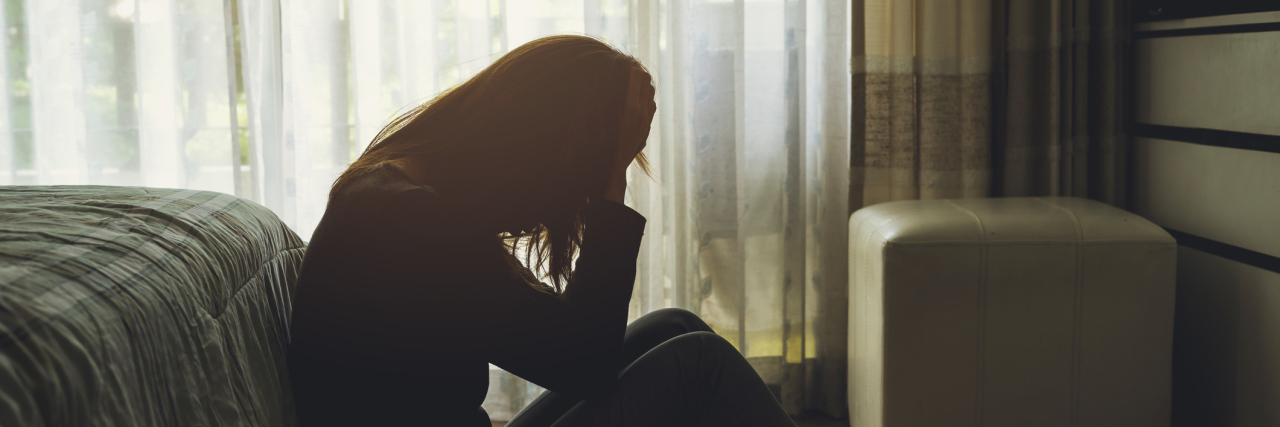What I’ve Learned About Social Life After Infant Loss
My son died after one month fighting for his life in the NICU. Since then, I’ve learned that child loss changes your life in ways you could have never imagined. On top of the obvious crushing grief of losing my son, I have had to grapple with new realities in my social life with the people around me.
For the most part, my husband and I were overwhelmed with sympathy and empathy from those around us when our son passed. Even though people were so kind to us both, I also noticed others pulling away from me after my son died. People either grew a bit distant or I just stopped hearing from them. My best guess is that what happened to me is most parents’ worst nightmare, and people may be afraid of me whether they’ll admit it or not because I make their worst nightmare a reality. And since I have no living children, I’m probably harder to relate to since I can’t commiserate about sleepless nights and dirty diapers. But whatever the reason, it’s isolating. Each and every person who has continued checking in, even if it’s a Facebook comment, has made a huge difference in the fight against isolation.
It was a shock to me to find that people don’t talk about dead babies, so word did not spread much about my son’s death. I wish that more people had talked about what happened to my son, even if it meant talking about me when I wasn’t there. I was literally asked for months, “How’s the baby doing?” While these people of course meant well and were completely unaware my son had died, this always led to an awkward conversation, sometimes followed by an awkward silence.
As far as I know, I haven’t been excluded from invitations to parties, which I’m grateful for. I don’t want people to feel like they must walk on eggshells around me and my family. Even though I am probably nowhere near ready to go to a baby shower yet, I would still appreciate the chance to go. However, I recently had to leave an event early because it seemed like everyone there had living children and it became triggering for me. In spite of running into triggers, I was still grateful I was invited, and therefore allowed to choose whether I could handle it.
From what I’ve learned in these past five months, I can offer some tips for dealing with loss parents:
1. Please stay in touch with us. Check in on us, and see how we’re doing. Even a text message or Facebook message beats the isolation.
2. If you don’t know what to say, it helps simply to say that you’re thinking of us.
3. If you need to and it’s appropriate, inform others that someone’s baby has died to help spare that person from awkward questions from people who assume their baby is alive.
4. Please don’t stop inviting us over, or inviting us to your parties. You may be afraid to hurt our feelings, but being left out will make us feel worse. But please understand if we are unexpectedly reminded of our loss and need to leave early or sit out on an event.
5. If you are struggling thinking of something to say to a loss parent, it helps simply to hear, “I’m here for you.” Or, “I’m thinking of you.” Or, “If you want to talk, I’m here to listen.” I know it can be hard, since our culture does not teach people how to handle grief. But in many cases, saying something is better than saying nothing.
6. Please avoid saying things like, “Everything happens for a reason,” “This was part of God’s plan,” or “Why aren’t you over it already?” We don’t “get over” child loss, and being told “everything happens for a reason” upsets me very deeply.
Getty image by kitzcorner

